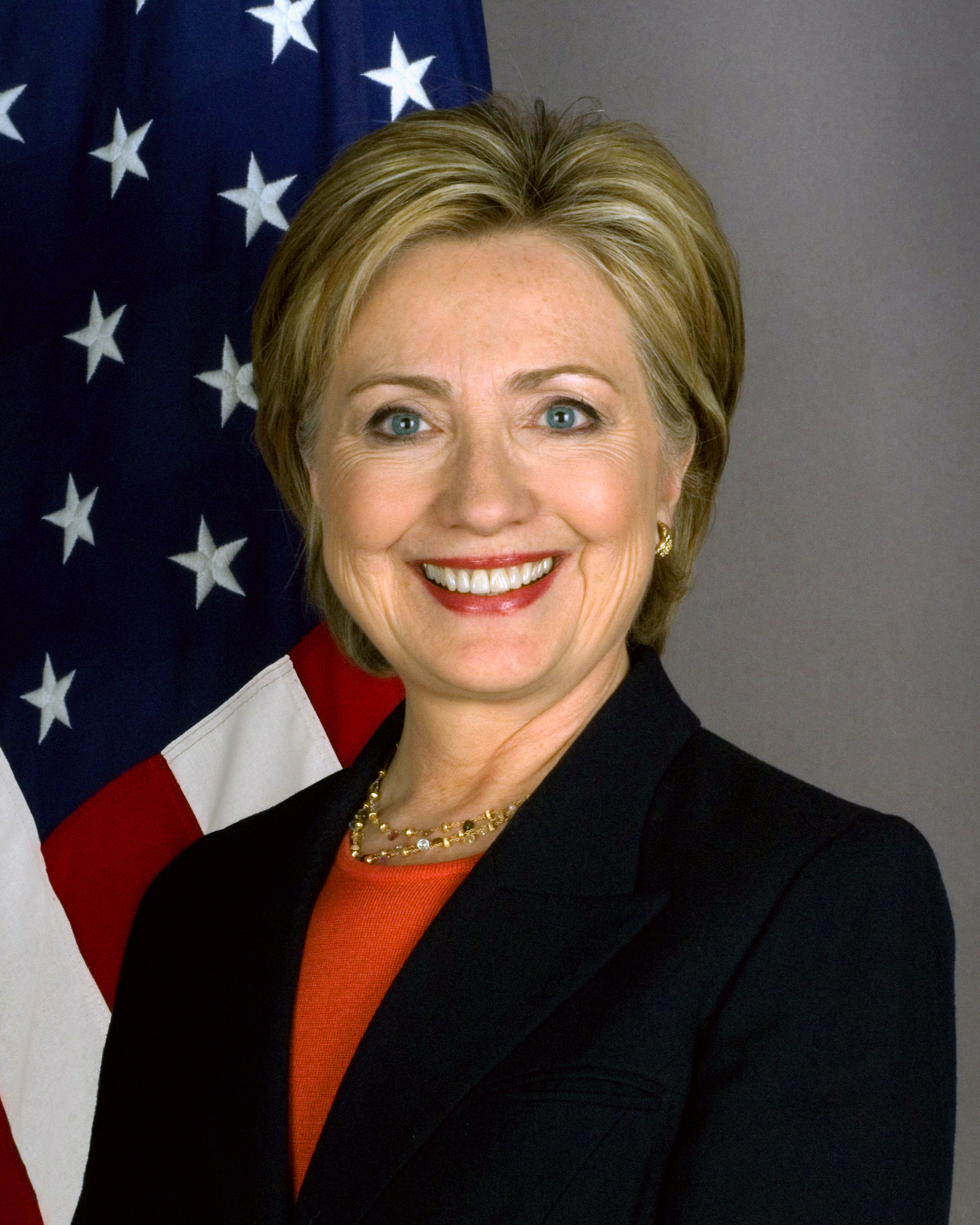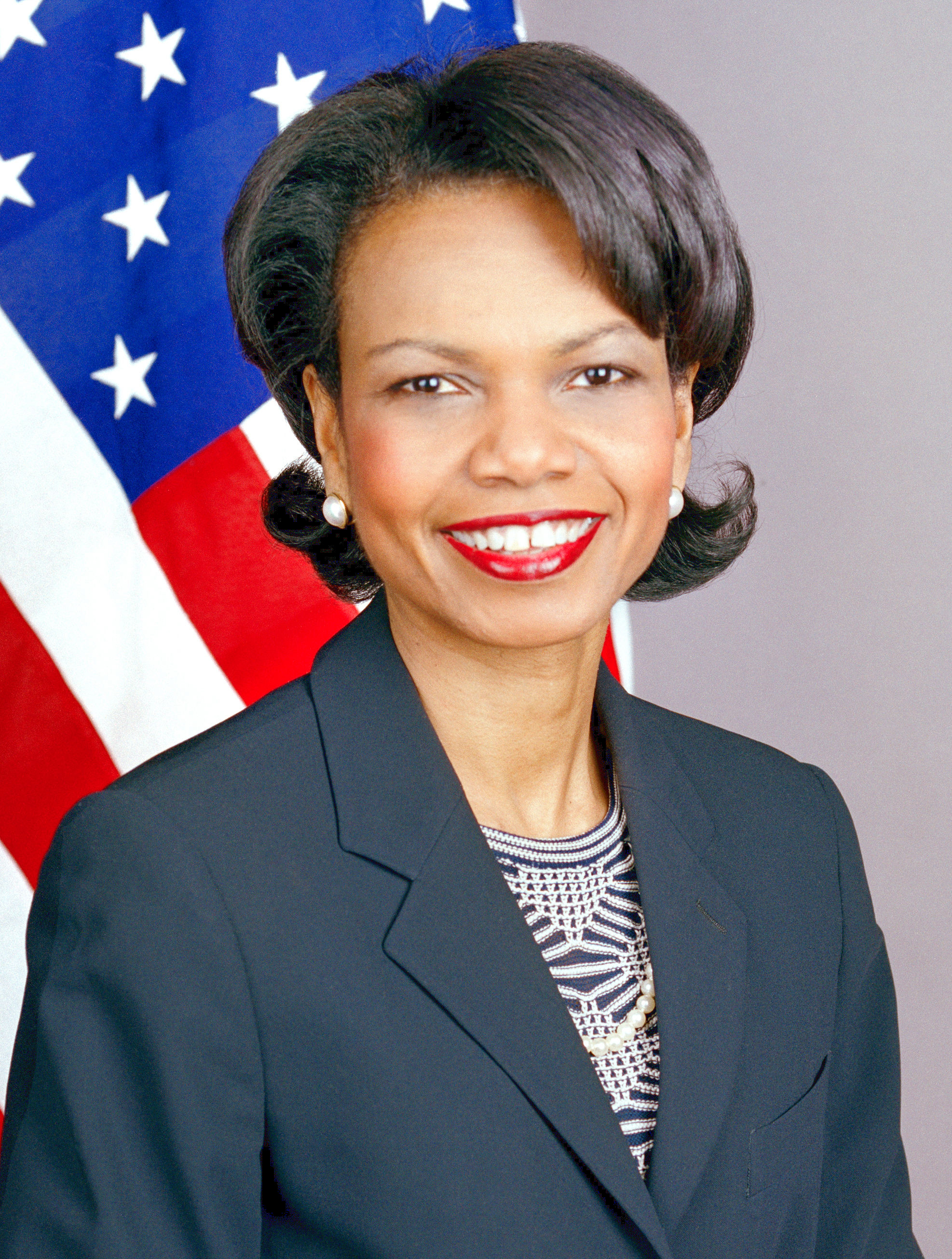Beyond the Girl Gamer: Introduction
---------
---------
During the "Females on Female Characters" panel at PAX East this year, something that's bugged me for a very long time came to the forefront. Over and over, through the years, I've noticed that when we talk about "strong female characters," we don't define the term. To some people, "strong" means only "butch." To others, "strong" equates to "violent." You can guess what I think of these equivalencies.
So when we're asking for a "strong female character," what do we really mean?
I asked some friends and strangers (both near me at PAX and on Twitter): "Who would you pick as an example of a real-life strong woman?" without context. Who came up?
 |
| Hillary Clinton |
 |
| Julia Child |
 |
| Condoleezza Rice |
 |
| Michelle Obama |
 |
| Lady Gaga |
Let's take a moment to notice a few things about these women. Most of them are well over 30 and many are over 40 or 50 -- or at least were, when they came to public awareness. (Not all are still with us.) They are not all white -- although admittedly, not as diverse as would be ideal. Some are known to be feminine. Some are not. But for the moment, the most important facet is this: although most of them are famous for kicking ass in the metaphorical sense, none of them are known for their physical fighting or shooting abilities.
Almost exclusively, these women have been at the center of their own lives, not only playing the hands they are dealt in a passive or reactive sense, but instead determining the courses of their own fates with active, determined steps. All have contributed to the creation of their own destinies, in the face of obstacles both external and internal. When made to work within disadvantageous systems, these women have have found ways to force the systems to change around them. And if that's not strength itself, what is?
We have a tendency to equate propensity toward violence with strength in all video game characters, not just female ones, but it's especially glaring when looking at the women because it seems only women whose defining quality is the ability to shoot from the hip get included in the broader canon. If you go around asking mainstream gaming (and Google), "Who are the strongest female characters in gaming?" you see:
 |
| Samus Aran (Metroid) |
 |
| Bayonetta (Bayonetta) |
 |
| Lara Croft (Tomb Raider) |
 |
| The Boss (Metal Gear Solid 3) |
(By the way, and not incidentally, while it took me 30 seconds or less to find the photos I used of the real-life women above, it took me a solid 20 minutes of Google work to come across a usable, forward-facing, non-porno, non-suggestive image of Lara Croft -- and Samus was only marginally easier.)
While gaming in general does not rely exclusively upon violence, a huge category of narrative, fully fleshed-out gaming does. The competitive multiplayer sphere obviously relies on kills and captures, but despite our general agreement that gaming doesn't cause violence, pretty much every AAA title to come out in recent times either portrays or simulates violence.
All hope, however, is not lost. Although the heyday of the adventure game has come and gone (and may be coming again, in hybrid titles and new forms), some of our most memorable heroines, to this day, have been known for their stories and problem-solving, not their aim:
 |
| Kate Walker (Syberia) |
 |
| April Ryan (The Longest Journey) |
 |
| Zoe Castillo (Dreamfall) |
This other collection of characters is made of girls and women who can face their fears, and not just the fears of things that go bump in the night: they are strong. (And I've written about April and Zoe before.) Female characters who can think through solutions, who can face down systems stacked against them, who can, indeed, clobber a monster if there's no other option: that's how I'm inclined to define strength.
I am aware that there are two glaring absences here. One is the entire sphere of Japanese-developed gaming. "What about Lightning and Fang? What about Yuna, and Terra?" The answer, I'm afraid, is painfully blunt and dead-end: I almost never enjoy playing JRPGs, and as a result, am most assuredly not an expert in their construction. I'm a member of and a consumer of primarily Western-generated culture, and I know when to stop talking. Japanese games are not my forte, and I don't have time to play them all to get caught up for this series. I think they have a different set of positive portrayal / negative culture problems than Western games do. Not necessarily better or worse, but different. Not all characters there are violent, even when there's fighting involved, and some are strong.
The other omission I am sure to hear about? She is called Commander Shepard. Or she is called a Grey Warden, or Hawke, or the Lone Wanderer, or the Courier. That's because these women or men are another topic. The personalities of those characters are driven by the choices and moral preferences of the players; the characters who I have chosen to discuss above are fixed in space and time, as it were. Their stories are already told and it is merely our job to follow them; their games are as on-rails as it gets. Looking at the character of player-definable leads is a trickier, and more nuanced task, as no two players are likely to portray the exact same character.
Also I can't talk Mass Effect's supporting cast yet because I haven't finished it, but I have a friend all over that beat.
Next in the series: we look at (ha) the sexualization of female characters.
Isn't it the case the videogame characters, be they male, female, or lizards, have a much stronger association with violence? Do you think that this is more so or less so for women?
ReplyDeleteBy the way, you left out one of my favorite female videogame characters - Joanna Dark of Perfect Dark. I played it a ton on the N64. Shooting, stealth, problem solving.
I'm totally foolhardy enough to dip into Japanese-developed gaming, and suggest Aya Brea from the Parasite Eve series--mostly though, fan of their games I may be, Japanese developers are even more prone to formula than Western developers so there isn't a single jrpg example that isn't loaded with baggage. But I liked the lead from Eternal Darkness as well, and I would argue for a space for older versions of Samus. I think the general lack of sexualization--well, that's not always bad, let's say titillation instead--in their design still makes that approach worthy of noting, given the climate of gaming. People seem to like Bayonetta as example of doing it well, but I haven't played the game.
ReplyDeleteI like April Ryan the best of the bunch in the most modern round of adventure games, but that's mostly because I didn't really like the other two games nearly as much. But the big omission is Jade from Beyond Good and Evil. The bee knees, that one.
Great post.
ReplyDeleteI was all geared up to write a comment on April Ryan once I saw the title, and it turns out you were way ahead of me. Clearly, I need to read this blog more.
Hey! I'm not a gamer, but I wanted to pop in and say how much I enjoyed this post. I particularly loved this part: These women have been at the center of their own lives, not only playing the hands they are dealt in a passive or reactive sense, but instead determining the courses of their own fates with active, determined steps... When made to work within disadvantageous systems, these women have have found ways to force the systems to change around them. And if that's not strength itself, what is?
ReplyDeleteIt's a wonderful description of many strong women (and men) I know.
Yeah, I think you're mostlly right about "beloved video game characters". Though I think one of the most compelling images that a video game has ever showed me is the visor reflection of Samus' face.
ReplyDeleteI'm sure every gamer's got a few examples. Of the few I mentioned, Jade's the one I'll stump for with polite nerditry. I was thinking though, Zoe Castillo, despite my grumps about Dreamfall is a strong character, , but I don't recall much about Kate in Syberia that really fleshed her out, was their more in the sequels? It's also been a while.
ReplyDeleteAnyway, looking forward to the rest of the series!
Here's what I like about Kate: she has a mission, and a set of interests. And when whiny, demanding boyfriend on the phone gets whiny and demanding? She dumps his ass and continues her adventures through the frozen tundra.
ReplyDeleteit is an example of a game digging its feet in and saying, in essence, that a woman's story is just as universally compelling as a man's ... jade is a strong character because she is written as a person first and a hero second
ReplyDeleteThose are really good points, and really good ways of phrasing it. And I promise I'm going to play the game eventually; I think I even own it through GOG, I just haven't had time to get to it yet. ;)
Also it's an interesting discussion you raise around NOLF. First-person games have a way of not really giving you much character to work with at all -- for obvious and intentional design reasons -- so it's interesting to hear that such a memorable leading lady should appear in that kind of title.
post number three, and by far the shortest:
ReplyDeletei find it interesting that, of the four action heroines that you mention in the post, two--the most recognizable ones--have been the centerpieces of entire series, and more importantly, have been written (and designed) by a variety of people.
i confess that i know little of comics--it isn't really my geekery--but there's something about, say, lara croft or samus aran (especially earlier iterations of her) that strikes me as if their characters are in fact not realistic because of their symbolic weight. or, perhaps another way to put it: in the same way that wonder woman has undergone a variety of iterations (or spider man, or batman), resulting in a character that is more icon than actual person, i wonder if there isn't a similar sort of thing that happens with video game characters that face the interpretation of a multitude of authors/directors/designers.
don't get me wrong, because i've always found lara croft to be a problematic character for a number of reasons (e.g., the two absurdly large ones on her chest), and the way that samus's character design has gone in recent years has been disappointing--
but i think i could conceivably argue in favor of both being part of the canon of strong female characters, less so because of any individual iteration of each and more because of the range represented in each. they are heroes in a classical sense: larger than life, iconic, something human but also more than human.
they are always, of course, subject to critique at every level, and with both samus and lara croft i think there are significant critiques to be made (including yours). but i do find it interesting--important, even--that there are female icons in the pantheon of strong, memorable video game characters.
this, of course, is tangential to your post, which is really trying to understand what makes a good character, so i will end my contribution to the thread here. and, really, we could just sum up this whole business as "come on, game producers: get your heads out of your asses and write better women in your games", amiright?